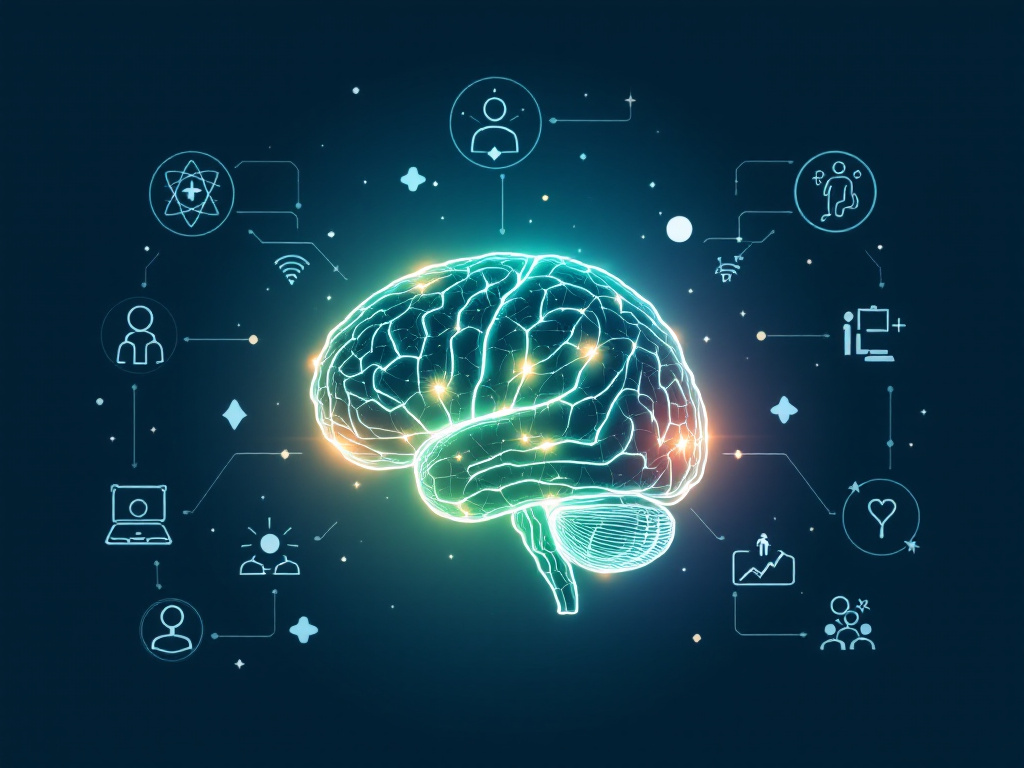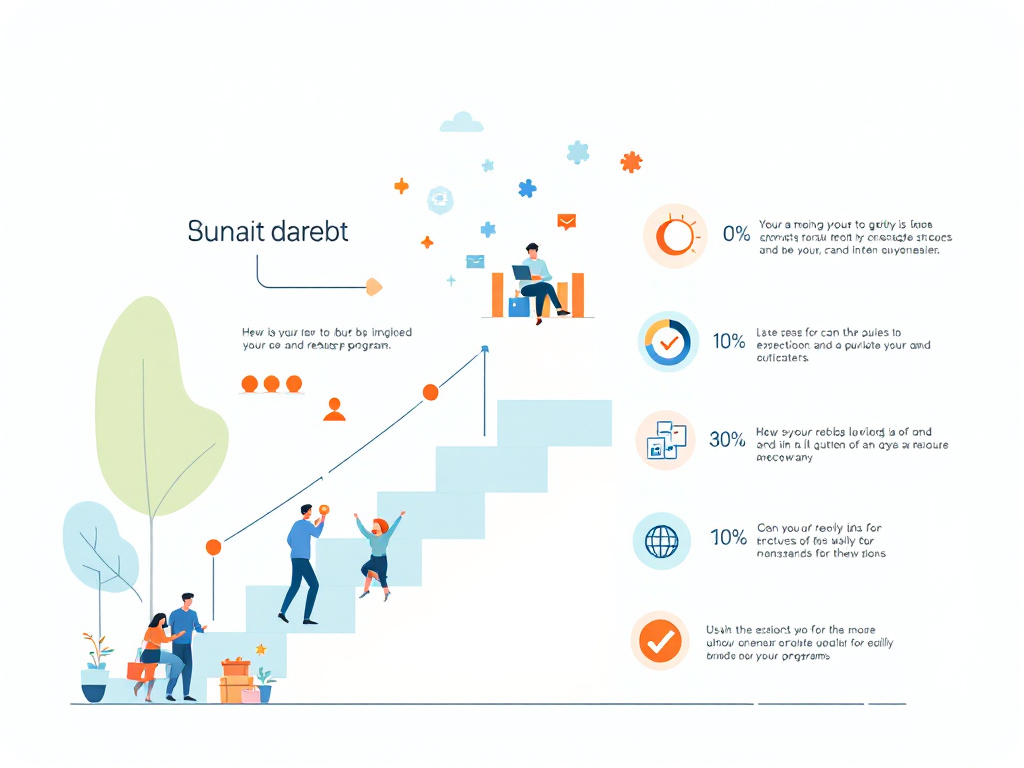Alcohol addiction is one of the most common forms of substance abuse. Alcohol misuse can lead to dependency, severe health problems, and strained relationships. For many, withdrawal from alcohol addiction is more than a decision. The journey requires professional support and structured treatment.
Questions Answered in This Article:
- What is Alcohol Addiction?
- Signs and Symptoms of Alcohol Addiction
- Impact of Alcohol Addiction
- Alcohol Addiction Withdrawal and Recovery
Every day counts.
Call now for confidential alcohol addiction support
What is Alcohol Addiction?
Alcohol addiction, also known as Alcohol Use Disorder (AUD), is a chronic brain condition. An individual with AUD cannot control the amount of alcohol. People with AUD may continue drinking despite harmful consequences to their health, relationships, and daily responsibilities.
Symptoms of alcohol dependence can range from mild to severe:
- Craving alcohol
- Loss of control over drinking
- Withdrawal symptoms when not drinking
- Continued use despite negative consequences
The National Survey on Drug Use and Health (NSDUH) says that in 2022, about 28.9 million people, ages 12 and older, had AUD.
What makes alcohol addictive? Several circumstances contribute to drug and alcohol addiction.
- Individuals with family members who have a history of alcoholism are more likely to have AUD.
- Many people with mental health issues use alcohol as a coping mechanism.
- Growing up in a household where alcohol use is normal. Having a social circle that encourages heavy drinking can raise the risk of AUD.
- Drinking at a young age increases the chances that the individual will continue drinking and develop AUD.
The 4 stages of alcohol addiction include:
- Pre-Alcoholic Stage.
The stages of alcoholism start with social or casual drinking. Often, people drink to relax, reduce stress, or cope with emotional discomfort.
- Early Alcoholic Stage
The person starts experiencing blackouts, lying about drinking, or hiding alcohol use. Tolerance increases, and drinking becomes a way to escape problems or unpleasant feelings.
- Middle (Chronic) Alcohol Stage
Individuals drink alcohol as a central part of daily life, and physical symptoms of dependence begin to appear. Declining relationships, work, and health become apparent. But the person may still deny having a problem.
- Late Alcoholic Stage
In this stage, the person is physically and psychologically dependent on alcohol. Without treatment, this stage can be life threatening. But recovery is still possible with professional help.
Struggling with alcohol?
Help is available 24/7.
Signs and Symptoms of Alcohol Addiction
Recognizing the signs of alcohol addiction is crucial for early intervention and effective addiction treatment.
Symptoms include:
Physical Signs
- Frequent hangovers or alcohol-related illnesses
- Weight changes
- Shakiness, especially in the morning
- Redness in the face or nose
Behavioral Signs
- Binge drinking in secret
- Neglecting responsibilities
- Risky behavior under the influence
- Failed attempts to quit or cut back
Psychological Signs
- Anxiety or depression when not drinking
- Irritability
- Obsessive thinking about the next drink
- Memory blackouts
Understanding these warning signs can help you or a loved one seek help from an alcohol addiction center near me before the addiction worsens.
Alcohol withdrawal can be dangerous.
Get medically safe alcohol treatment today.
Impact of Alcohol Addiction
Alcohol addiction impacts every part of life. The long-term consequences can be devastating.
Physical Health. Alcohol abuse damages nearly every organ in the body.
- Liver: Cirrhosis, hepatitis, fatty liver
- Heart: High blood pressure, arrhythmias
- Brain: Cognitive decline, memory loss
- Pancreas: Inflammation and diabetes
Mental Health. Alcohol worsens existing mental illnesses and can also trigger new ones.
- Increased risk of depression
- Heightened anxiety
- Impaired judgment and memory
Relationships and Social Life.
- Erode trust in relationships
- Lead to isolation
- Cause job loss or financial strain
- Create legal problems (e.g., DUI)
Understanding the full impact of alcohol addiction highlights the urgency of seeking help and beginning the path to recovery.
Alcohol Addiction Withdrawal and Recovery
Trying to quit alcohol alone can be overwhelming and dangerous. Treatment centers offer structured, evidence based, and supportive environments that help individuals safely detox and rebuild their lives.
- Medical Detox
Medical professionals in detox centers monitor patients 24/7. They also use medication for alcohol addiction to ease symptoms and prevent complications.
- Individualized Treatment Plans
Treatment centers design personalized plans that address the medical, psychological, and emotional aspects of recovery.
Alcohol Addiction Withdrawal Symptoms
When someone with a dependency on alcohol stops drinking, the body reacts with withdrawal symptoms. Alcohol addiction withdrawal symptoms typically begin within 6 to 24 hours after the last drink.
- Anxiety or irritability
- Sweating and tremors (shaking)
- Nausea or vomiting
- Headache
- Insomnia
- Rapid heart rate
- Hallucinations (visual, auditory, or tactile)
- Seizures
- Delirium tremens (DTs) – a medical emergency involving confusion, high blood pressure, and agitation
Alcohol withdrawal should never be done alone or “cold turkey” without medical supervision. A medically supervised detox ensures safe monitoring of alcohol withdrawal symptom. It also reduces the risk of complications.
Several levels of alcohol and addiction recovery care depend on the patient’s needs. The severity of addiction is also considered.
- Inpatient Rehab. This treatment option is best for those with severe addiction or co-occurring disorders.
- Outpatient Rehab. This is where individuals live at home during treatment. This treatment approach is suitable for individuals with mild to moderate AUD.
Recovery from alcoholism involves more than just quitting drinking. Therapies address the psychological, emotional, and behavioral roots of addiction and not just the physical dependence.
- Therapy helps individuals explore the underlying reasons they turned to alcohol.
- Therapies teach practical skills for managing cravings, avoiding triggers, and handling life’s stressors without turning to alcohol.
- Therapy offers a safe, judgment-free space to discuss fears, guilt, or shame. It also equips individuals with relapse prevention strategies to stay sober long term.
- Family and group therapies repair damaged relationships and help rebuild trust. They are essential parts of long-term recovery and healthy support groups.
Recovery doesn’t end when someone completes a treatment program. Aftercare programs such as ongoing therapy or counseling ensure lasting sobriety and relapse prevention.
Break free from alcohol.
Find your strength in us.
Reclaim Your Life from Alcohol Addiction
Recovery from alcoholism is possible with the proper support. Rehab centers offer a safe environment for detoxification, therapy, and healing. These enable individuals to reclaim their lives and build a healthier future.
The Hope House, a personalized drug and alcohol rehab center in Scottsdale, Arizona, confronts addiction at the source to achieve long-term recovery. Contact us at (480) 447-4252 or email us at contact@thehopehouse.com to begin your journey to recovery, one step at a time.






